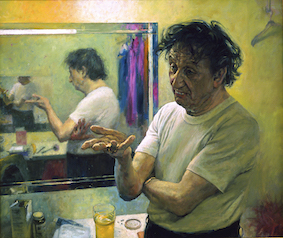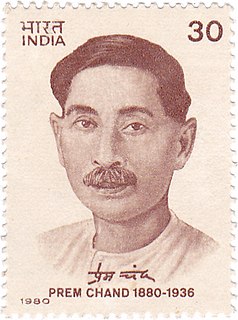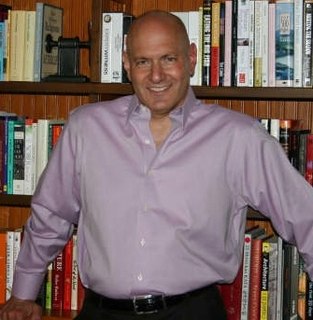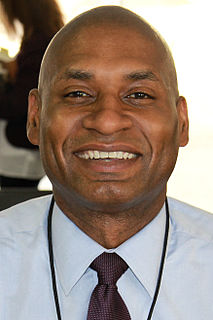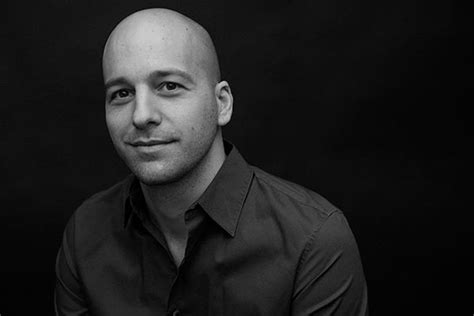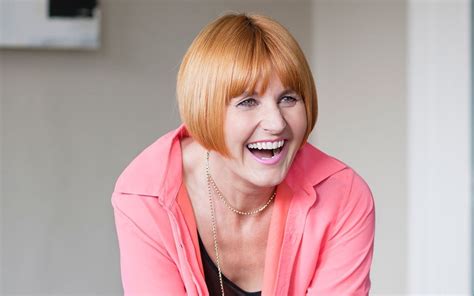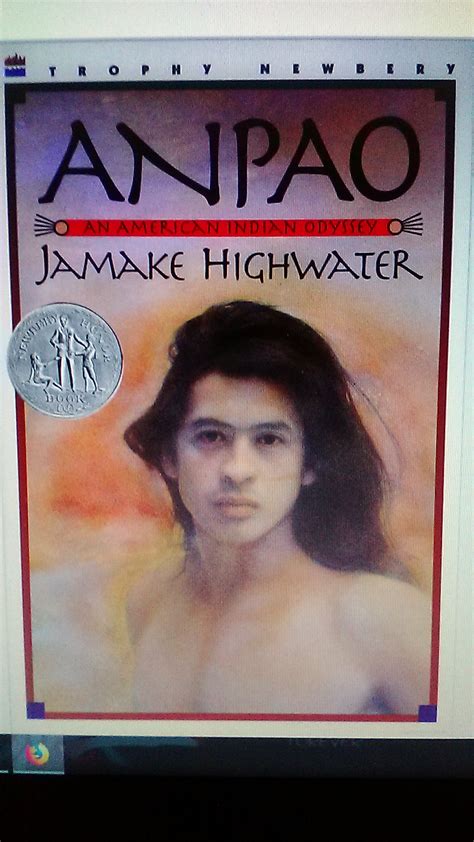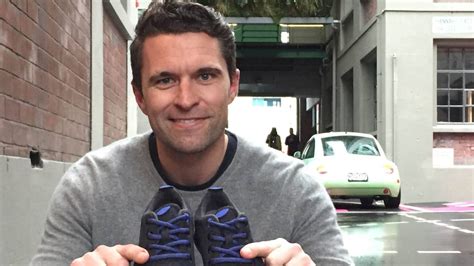Top 1178 Empathy Quotes & Sayings - Page 15
Explore popular Empathy quotes.
Last updated on December 4, 2024.
'Empathy' is the latest code word for liberal activism, for treating the Constitution as malleable clay to be kneaded and molded in whatever form justices want. It represents an expansive view of the judiciary in which courts create policy that couldn't pass the legislative branch or, if it did, would generate voter backlash.
The crisis besetting America is not just an economic or political crisis; something deeper is wreaking havoc across the land, a mercenary and utilitarian attitude that demonstrates little empathy for people’s actual well-being, that dismisses imagination and thought, branding passion for knowledge as irrelevant.
I do have a side as a citizen, and I've always expressed it, and that's where I've gotten into misunderstandings, because some people see me as a leftist nut or whatever. A conspiracy nut. All that stuff. These are definitions that don't really apply to a dramatist, because a dramatist is working from empathy.
Only curiosity about the fate of others, the ability to put ourselves in their shoes, and the will to enter their world through the magic of imagination, creates this shock of recognition. Without this empathy there can be no genuine dialogue, and we as individuals and nations will remain isolated and alien, segregated and fragmented.
When gay, lesbian and bisexual individuals come out, their friends and families, for the most part, understand what it feels like to love and to lust. Cisgender people have more of a challenge when it comes to transgender identities. I discovered that analogy of homesickness in conversations with my parents, in trying to bridge that empathy divide.
Cinema connects people: they respond as a group, you feel you are not alone, and you see you are not alone. Capitalism is destroying this social aspect of films, and even empathy, by creating the illusion that you are more important than the next person: 'You will buy this because you are special.' That is horrible.



